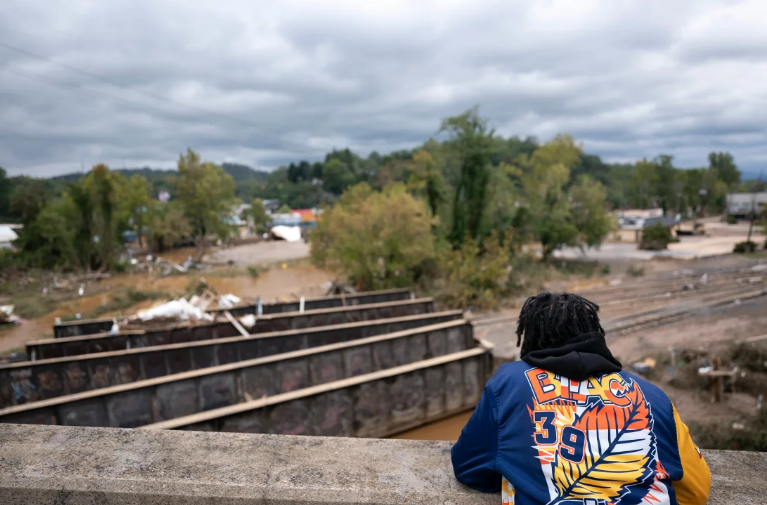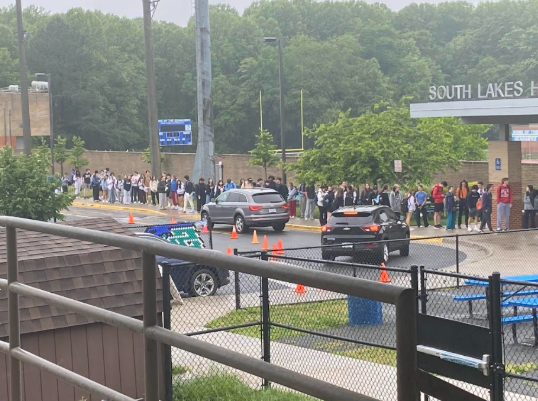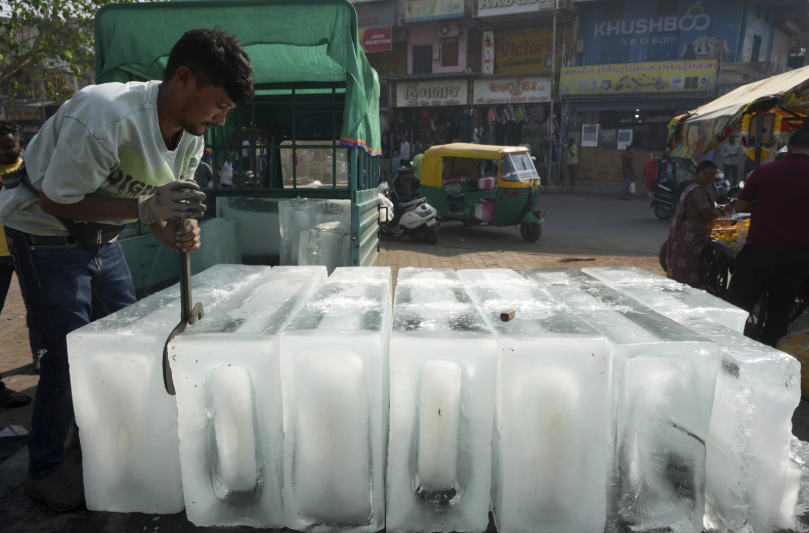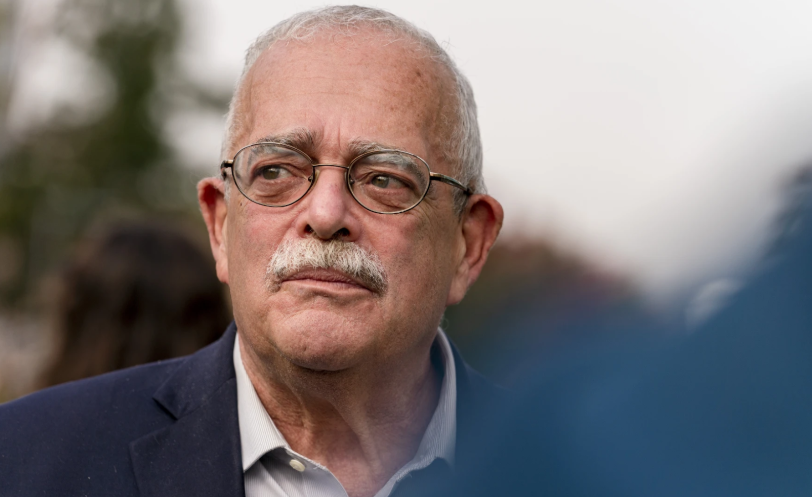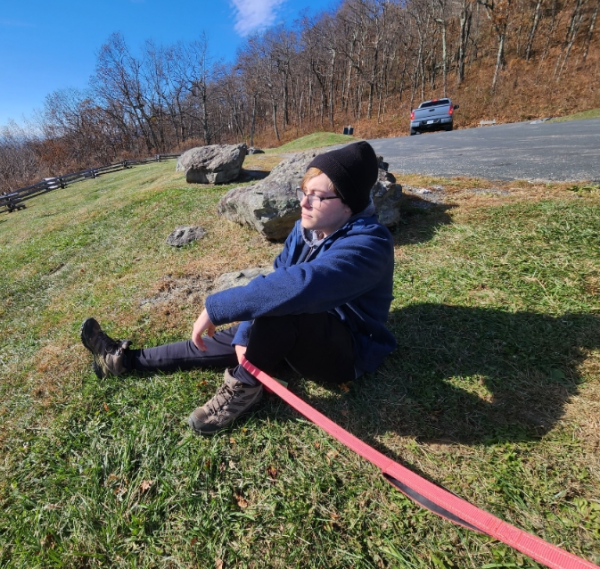Hurricane Helene made landfall on the 26th in Florida, a category 4 hurricane that surged across the east coast. It has continued to move north as it brings flooding and storm winds to communities, and residents rush to evacuate or hunker down for the incoming storm.
The death toll for Hurricane Helene has hit over 200, with deaths coming from six states, including Florida, Georgia, South Carolina, North Carolina, and even as far north as Tennessee and Virginia. North Carolina had the largest death toll, with 56 lives being taken by the storm by the latest count. This may be due to how far north the hurricane came, with North Carolina not seeing hurricanes very often, leading to unpreparedness for a storm on this scale. North Carolina was one of the most affected states, with hundreds of thousands still without power.
“It was like a bomb went off,” Brian Kemp, the governor of Georgia said. All along the path of the storm, trees were uprooted, houses smashed to pieces, and roads were flooded and broken. An estimated 400 roads were closed in North Carolina, impeding the delivery of much needed water supplies to communities in need.
Also in Buncombe county, North Carolina, hundreds of missing persons reports were filed in the wake of the storm. For the emergency, disaster roaming was made available to all in the state. This means that anyone’s phone can connect to any network in the region to make phone calls, for better communication during disasters. The majority of missing persons end up being found in time, as most of the reports come from family members of those whose communications are down. The death toll will surely rise though, as rescue efforts continue.
Around 2.1 million people are without power in six states. As the power comes back on, people will still need to rebuild. The process will be long, with the amount of destruction that Helene brought to the southeast. The amount of damage done is estimated to be around $100bn.
President Biden plans to fly over North Carolina to survey the damage. A motorcade cannot go through, since there is only one major highway into Asheville, which needs to remain open.
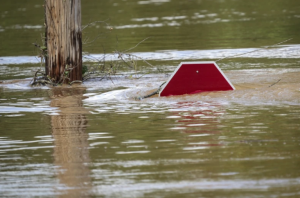
More and more hurricanes happen every year due to climate change, and storms like Helene are coming more frequently, with more power than ever, and they continue to reach farther than we can anticipate. New measures will have to be taken to prevent destruction like this in the future, as we work to heal the ailing environment from greenhouse gas impact, even in Northern Virginia.








